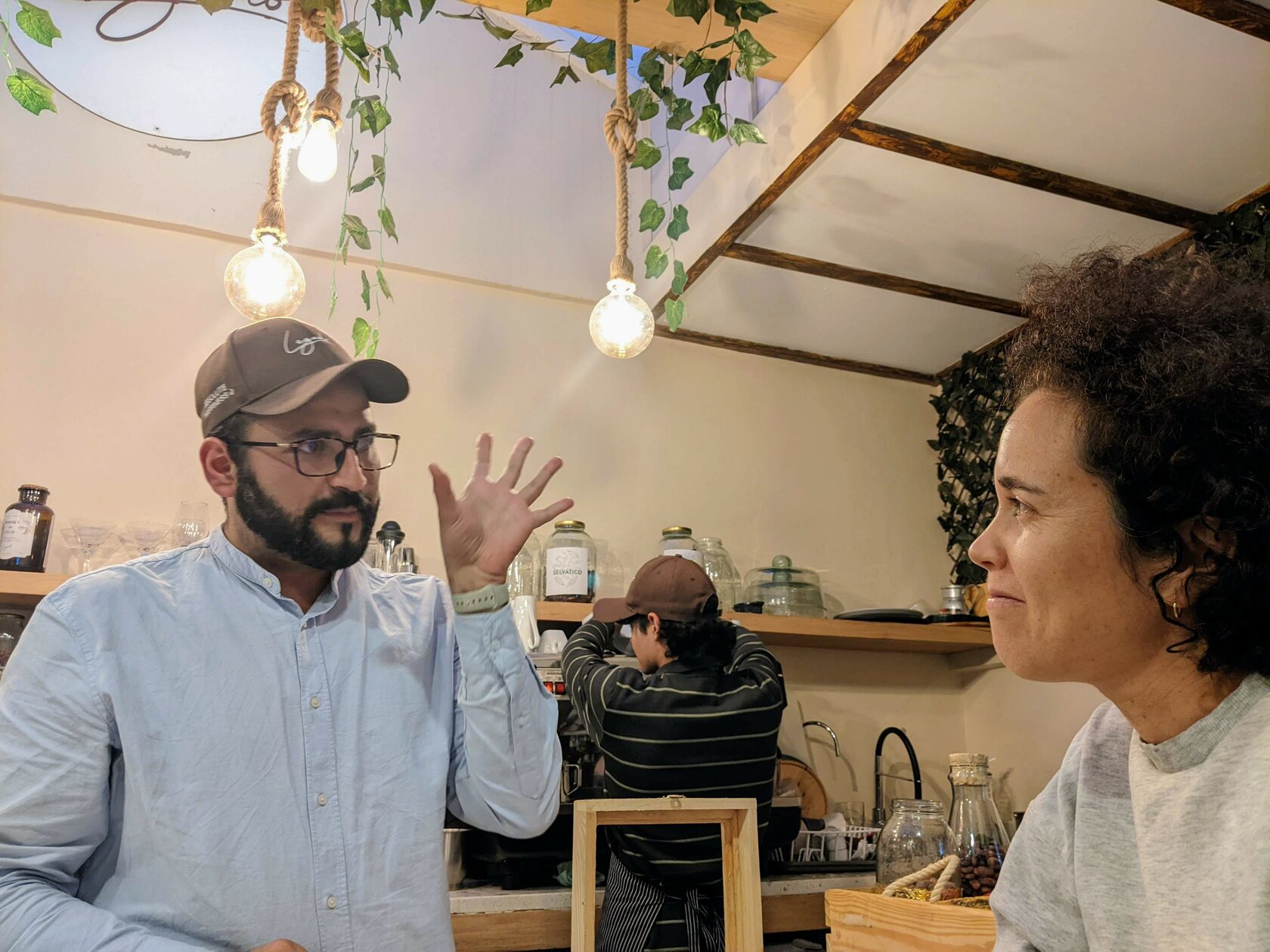I understand how challenging it can be to balance your child's education with your own mental and emotional needs. I am experiencing it every day. As parents, it's easy to fall into the trap of neglecting our own passions and self-care when we have so much on our plates. However, I've learned that taking time to nurture our own needs and passions is not only essential for our well-being but also benefits our family dynamic. The concept of self-care is not just a trendy buzzword; it's a psychological necessity that promotes self-esteem, resilience, and a positive outlook on life.

When we prioritize our self-care needs, we model healthy habits for our children, showing them that taking care of oneself is a crucial part of living a fulfilling life. Our children can also learn valuable lessons about self-care and the importance of pursuing their passions and interests. It also reinforces a fluent family dynamic by promoting mutual respect, empathy, and effective communication. We become more patient and present with our children, and our relationships with our partners can also improve.
As parents, we often put our needs on hold to fulfill our children's needs, but this can lead to resentment and burnout; we can even compromise the family environment. We may become irritable and less effective in our roles as parents and educators. When we neglect our own needs, we can become dependent on our children to fulfill them, leading us to form unrealistic expectations of our kids and to be a burden on them. Practicing self-care means we take responsibility for our own well-being and avoid placing undue pressure on our children to fulfill our unmet needs.
- Modeling self-care: When we prioritize our own well-being, we model healthy behaviors for our children, showing them the importance of self-care.
- Strengthening relationships: By taking time for ourselves, we can approach our relationships with our children and partner with greater patience and understanding.
- Fostering creativity: Pursuing our passions can lead to increased creativity and innovation, which can benefit both our homeschooling practices and our personal lives.
As parents, we often put our needs on hold to fulfill our children's needs, but this can lead to resentment and burnout; we can even compromise the family environment. We may become irritable and less effective in our roles as parents and educators. When we neglect our own needs, we can become dependent on our children to fulfill them, leading us to form unrealistic expectations of our kids and to be a burden on them. Practicing self-care means we take responsibility for our own well-being and avoid placing undue pressure on our children to fulfill our unmet needs.

Self-care also enables us to be present and engaged while on our unschooling journey. When we neglect our own needs, we can become irritable, frustrated, and stressed, which can negatively impact our relationship with our children and our ability to be effective unschooling facilitators. By prioritizing our own self-care, we can better manage our emotions, be more present in our interactions with our children, and create a positive and nurturing environment for learning and growth.
Another way we can nurture our needs is by pursuing our passions and hobbies or learning a new skill. Whether it's painting, writing, or gardening, engaging in activities that bring us joy can provide a much-needed break from the demands of unschooling and help us maintain a positive outlook.
- Take breaks: Allow yourself to take breaks throughout the day, even if it's just for a few minutes. This can include meditation, going for a walk, or reading a book.
- Practice self-reflection: Take time to reflect on your thoughts and feelings. Journaling, meditation, or therapy can be helpful in this process.
Another way we can nurture our needs is by pursuing our passions and hobbies or learning a new skill. Whether it's painting, writing, or gardening, engaging in activities that bring us joy can provide a much-needed break from the demands of unschooling and help us maintain a positive outlook.

Crafting Our Sanctuary: The Art of Balancing Parenthood and Personal Growth in the Learning Environment
Creating boundaries is also essential for supporting our mental and emotional health. Boundaries help us create a safe and healthy space for ourselves, where we can nurture our emotional and mental health. This can include setting aside time each day for ourselves communicating our needs to our family and setting expectations for our time and energy. This also means learning to say "no" when necessary. Saying "no" allows us to protect our time and energy and avoid over-committing ourselves. As unschooling parents, it's important to prioritize our own needs and create a healthy balance between our roles as parents and as individuals.
Parents understand the importance of providing children with a nurturing and supportive learning environment. However, we must also recognize that our own well-being is just as crucial to our family's success and that fostering it is an ongoing process that requires intentionality and consistency. By prioritizing self-care, we can model healthy behaviors for our children, strengthen our relationships, and foster creativity. We must take responsibility for our own needs and avoid placing undue pressure on our children. By taking breaks, practicing self-reflection, and pursuing our passions, we can create a healthy balance between our roles as parents and individuals. Remember, self-care is not a selfish act, but a necessary component of a fulfilling homeschooling experience.
Parents understand the importance of providing children with a nurturing and supportive learning environment. However, we must also recognize that our own well-being is just as crucial to our family's success and that fostering it is an ongoing process that requires intentionality and consistency. By prioritizing self-care, we can model healthy behaviors for our children, strengthen our relationships, and foster creativity. We must take responsibility for our own needs and avoid placing undue pressure on our children. By taking breaks, practicing self-reflection, and pursuing our passions, we can create a healthy balance between our roles as parents and individuals. Remember, self-care is not a selfish act, but a necessary component of a fulfilling homeschooling experience.

As you reflect on your own situation, I encourage you to take small steps toward practicing self-care today. Whether it's taking a few moments to write or read, going for a walk in nature, or listening to music, make sure to carve out time for yourself.
For long-term self-care practice, think about what activities bring you joy and fulfillment, and always keep in mind how you can create healthy boundaries to protect your time and energy.
